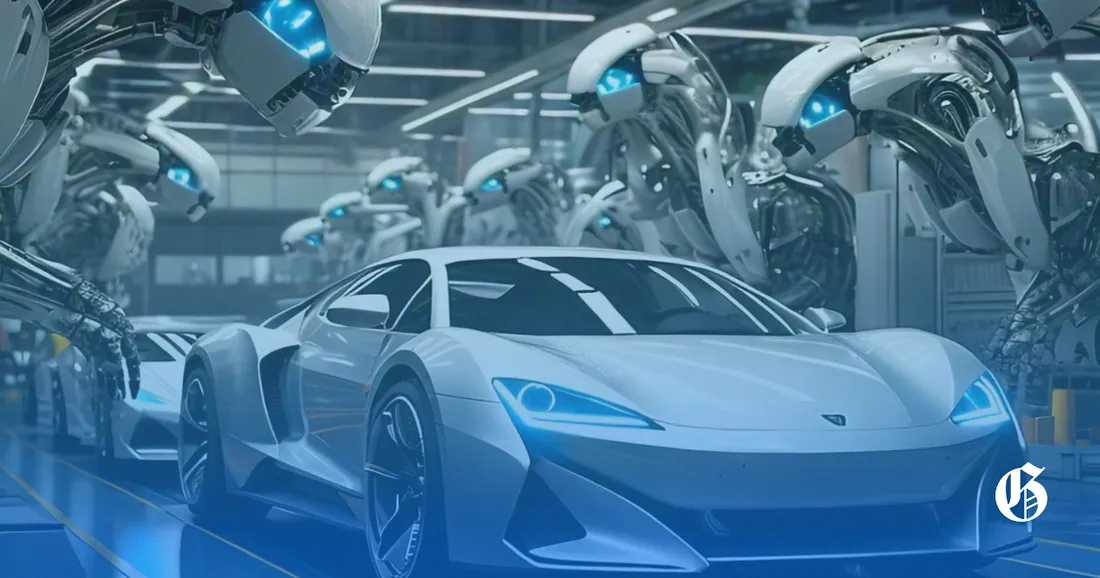The Dawn of Workerless Automated Factories in the Automotive Industry
In a groundbreaking development, the automotive industry has witnessed the dawn of a new era with the emergence of the workerless automated factory. This revolutionary concept, long touted as the future of manufacturing, has finally become a reality, transforming the production landscape forever.
According to a recent report, several leading automotive manufacturers have successfully implemented fully automated production lines, eliminating the need for human workers in certain segments of their factories. This seismic shift is expected to significantly enhance efficiency, productivity, and quality control, while reducing labor costs and potential safety risks.
The Pioneers
Companies like Tesla, Volkswagen, and BMW have taken the lead in adopting this innovative approach. Tesla’s Gigafactory in Nevada, USA, has already implemented a substantial amount of automation, with robots handling tasks ranging from battery production to vehicle assembly.
Volkswagen’s “Factory of the Future” in Chattanooga, Tennessee, boasts an impressive array of automated systems, including collaborative robots (cobots) working alongside machines to optimize production.
BMW’s Dingolfing plant in Germany has also integrated advanced automation, featuring self-driving transport systems and robotic assembly cells.
Key Benefits
Industry experts highlight several advantages of workerless automated factories:
- Increased Efficiency: Automated systems can operate around the clock without breaks, significantly boosting production capacity.
- Improved Quality: Machines minimize the risk of human error, ensuring consistent quality and reliability.
- Enhanced Safety: Automated factories reduce the risk of workplace accidents and injuries.
- Cost Savings: Reduced labor costs and improved resource allocation.
The Future of Employment
While the advent of workerless automated factories raises concerns about job losses, industry leaders emphasize that automation will create new opportunities:
- Upskilling and Reskilling: Workers will shift to higher-value tasks, such as maintenance, programming, and quality control.
- New Job Creation: Automation will spur the growth of industries related to AI, robotics, and machine learning.
Challenges Ahead
As the industry navigates this transformative period, challenges remain:
- High Initial Investment: Implementing automation requires significant upfront costs.
- Cybersecurity Concerns: Connected factories increase vulnerability to cyber threats.
- Regulatory Frameworks: Governments must adapt policies to address the impact of automation on employment.
The workerless automated factory marks a significant milestone in the evolution of manufacturing. As the automotive industry continues to pioneer this revolutionary approach, it’s clear that the future of production will be shaped by innovation, efficiency, and technological advancement.













